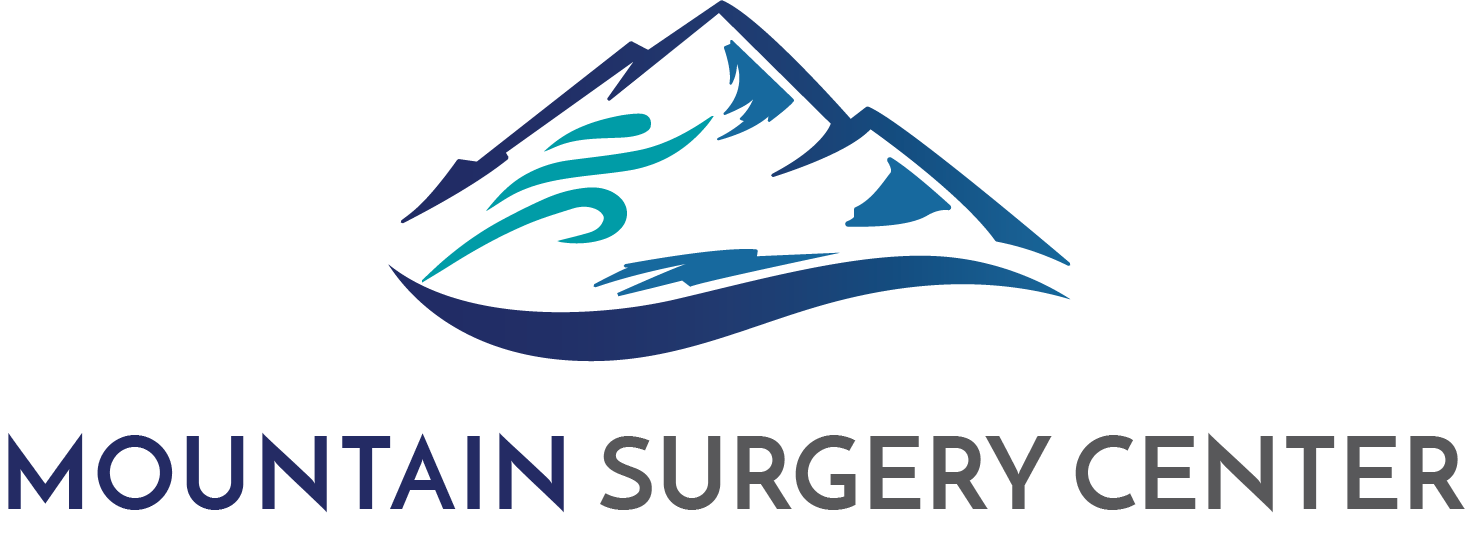4 Factors Physicians Should Consider When Choosing an Outpatient Surgery Center
As more and more procedures are performed in an outpatient setting, many physicians are beginning to ask questions about the efficiency and practicality of performing surgeries in large hospitals. Providing convenience and affordability, ambulatory surgery centers (ASCs) allow physicians to offer their patients access to quality surgical procedures on an outpatient basis, in a more comfortable and less intimidating setting.
If you are considering practicing outpatient surgeries at an ASC, there are several factors you should keep in mind as you begin researching facilities. By asking a myriad of questions, you'll soon be able to find the facility that best matches you and your patients' needs.
SOME OF THE MOST IMPORTANT FACTORS TO CONSIDER:
1. Facility and Technology
Keeping up with cutting-edge technology is critical in the world of surgery. Although a building may not necessarily need to be brand new, the facilities and equipment inside a surgery center should be state-of-the-art and maintained as physicians perform more than 23 million procedures in ASCs annually. Not only should the surgery rooms be technologically sound, but the reception and waiting areas should set a calm, comfortable tone for your patients.
Free Guide: Performing Surgery at Mountain Surgery Center
Some questions to ask related to the facility:
How new is the facility? (When was it built? When was it updated?)
What does the facility encompass? (How many Operating Rooms? Procedure Rooms? Postoperative beds? Consultation rooms?)
How updated is the technology? (Are the Operating Rooms interactive? Are they all fully equipped?)
Is the facility accredited? What accreditations does it have?
How easily accessible is the facility for patients and surgeons? Is parking convenient?
Is the atmosphere comfortable for patients and their families? (Is the facility equipped with a comfortable waiting room? Are there spacious postoperative rooms available for a family member to sit with the patient?)
2. Convenient Scheduling
Unlike when scheduling surgeries at a hospital, many ambulatory surgical centers offer block scheduling which adds convenience and minimizes patient turnaround time for the surgeon. With shorter patient turnaround times, ASCs average three surgical cases per operating room per day, allowing physicians to fit more patients into their schedules than in a hospital setting. Much more flexibility can be gained and back-to-back outpatient surgeries can be arranged for more efficiency and better time management. This allows surgeons to move from one case to the next with little down-time.
As a physician, block scheduling is the biggest benefit to you, allowing you to book surgeries when it’s convenient for you, giving you back the quality of life you deserve. In addition, patient appointments are less likely to be delayed or postponed in a surgery center as their status of “non-emergency” surgeries is not a factor.
Some scheduling questions to ask regarding an outpatient surgery center:
Does the center allow for block scheduling?
Is there flexibility for scheduling outpatient surgeries back-to-back?
Is it possible to block off an entire day or half-day?
Are there opportunities for weekend scheduling?
3. Qualified, Trained Staff for private practice or group practice physicians, another benefit that surgery centers provide is their friendly, highly trained staff. It is important when researching facilities, to make sure that staff is provided to you. This includes everyone from administrative staff to RNs, LPNs, PAs, paramedics, and scrub techs. Not only does this keep costs down for you and allows appointments to run smoothly, but it also provides comfort to your patients to help them feel at ease.
Some questions to consider regarding surgical center staff:
Does the surgery center provide staff? (Nursing? Scrub Techs? Paramedics? Administrative?)
How knowledgeable is the staff? (Trained on a variety of procedures?)
How friendly is the staff?
How long have staff members been working in a surgery center (or medical facility) setting?
Are there reviews, testimonials from past patients?
4. Type of Surgeries Performed
When considering performing surgeries at an ASC, it is vital to determine if the facilities are a good fit for the type of surgery that you will be performing. Some focus on cosmetic surgery or laser eye surgery only, while others are focused on minimally invasive spine surgery. Advanced technology, a facility setup, and staff capabilities should be matched to the kind of surgery.
The best recommendation is to schedule a tour of the ambulatory surgery center to see the facility in person before scheduling services. This will give you the best representation of the procedure rooms and equipment offered. It will also allow you to meet the staff members and potentially other physicians that practice there for feedback beforehand.
Mountain Surgery Center (MSC) offers state-of-the-art, cutting-edge technology to meet physician and patient needs. RNs, LPNs, scrub technicians, and administrative support are all part of the MSC team, working hard to provide quality healthcare to the community. This New Jersey surgery center is accredited by The Joint Commission (TJC), specializes in Neurosurgery, Orthopedics, Hand Surgery, and Pain Management, but is equipped for most surgeries with 4 interactive ORs, 20 pre and post-op beds, a VIP room, and more than a 20 member team.
For more information about a seamless partnership with MountainSurgery Center, or to schedule a tour of our facilities, click here.



